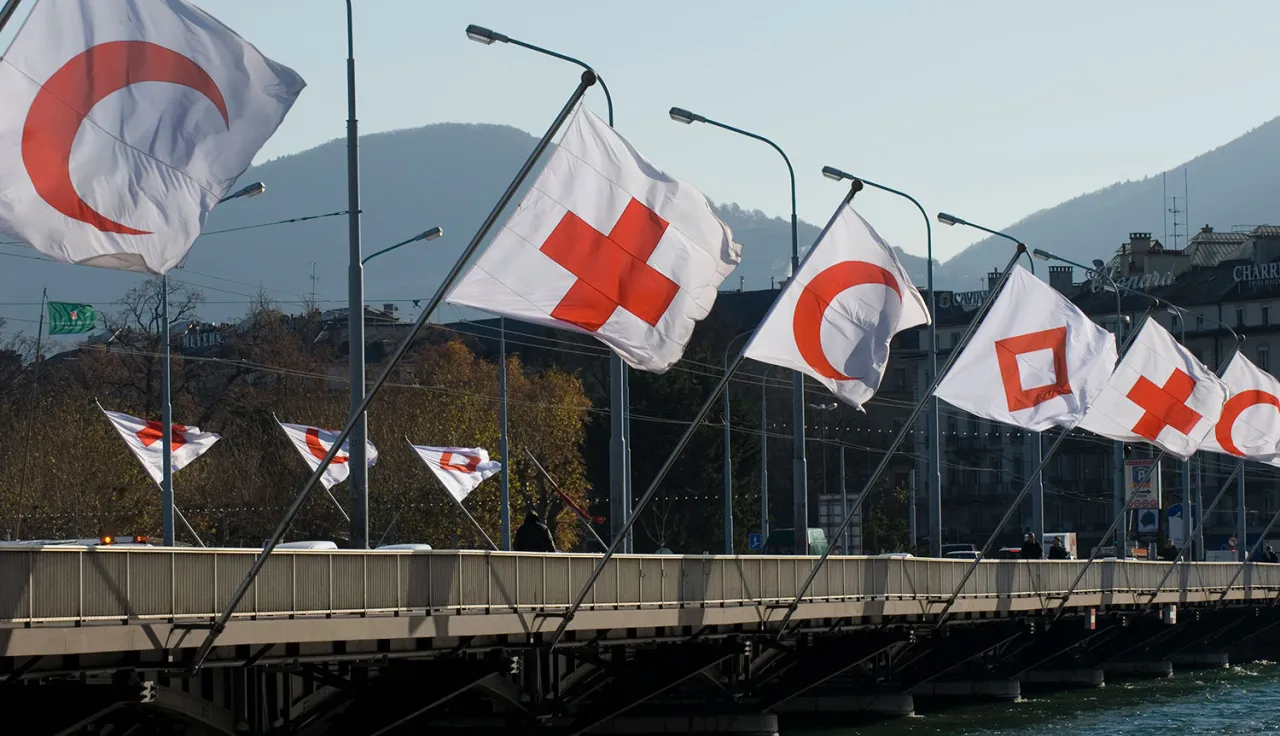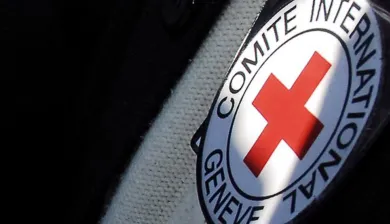Domestic law and IHL
For IHL treaties to be universally accepted, all states must adopt them through ratification or accession. States must then enact legislation and take practical measures in order for the rules to be fully effective. The ICRC’s Advisory Service can help by providing assistance and documentation.

International humanitarian law in domestic law
For international humanitarian law (IHL) treaties and other relevant instruments to be accepted worldwide, national governments must formally adopt them by ratification or accession. States must then pass legislation and take regulatory and practical measures for the rules of IHL to be fully effective.
IHL treaties and other relevant instruments cover a wide range of topics, including the protection of wounded and sick military personnel, prisoners of war and civilians; the prohibition or limitation of certain weapons, such as anti-personnel landmines, chemical and biological weapons and cluster munitions; and the restriction of certain combat tactics.
The Geneva Conventions of 1949 and their Additional Protocols of 1977 and 2005 constitute the core IHL instruments. All states have accepted the Conventions and are therefore bound by the obligations they contain. Through the years, various treaties and other instruments regulating specific IHL issues have been adopted.
In order for the rules of IHL to be truly effective, it is important that states ratify or accede to the many treaties and other instruments that make up this body of law. However, adopting these treaties is just the first step. Most IHL instruments require states to take domestic action to ensure compliance, including the adoption of legislative, regulatory and practical measures. For example, the Geneva Conventions require states to put an end to all violations of their provisions and to prosecute and punish those considered most serious, which are termed "grave breaches" and regarded as war crimes.
Practical measures that states must take include integrating IHL into training and military manuals, marking protected objects, such as cultural heritage sites, and delivering identification cards to combatants and protected persons. In addition, states have a duty to spread knowledge of IHL. To facilitate all this work, many states have established a national IHL committee or similar interministerial body.
The ICRC plays a key role in supporting national IHL implementation and enforcement. The ICRC Advisory Service offers legal advice and technical assistance to government authorities. It provides specialized tools for IHL implementation, including ratification kits, model laws, thematic factsheets and a comprehensive manual on the domestic implementation of IHL. It also supports the work of IHL committees and similar bodies.
Bringing IHL Home
- Resolution 1: “Bringing IHL home: A road map for better national implementation of international humanitarian law”: Progress report.
- Guidelines on the National Implementation of International Humanitarian Law | International Committee of the Red Cross (icrc.org): Guidelines
- Bringing IHL Home through Domestic Law and Policy: Report
National committees
National committees for the implementation of international humanitarian law (IHL) advise and assist governments in implementing and spreading knowledge of this body of law. Setting up such committees is the responsibility of states but is supported by the ICRC as a means of ensuring effective application of IHL.
National implementation of IHL: Documentation
States party to international humanitarian law treaties must take certain legal and administrative measures to comply with the obligations they have undertaken. This section deals with various topics that are covered by the treaties and that are the focus of Advisory Service promotional activities, including issues that have been highlighted by the recent adoption of international instruments, thus creating a new incentive for states to adopt implementation measures.
From the International Review of the Red Cross
- Bringing IHL Home: Guidelines on the National Implementation of International Humanitarian Law
- Interview with Lieutenant-Colonel Joven D. Capitulo PA
- International humanitarian law in Colombia: Going a step beyond
- Implementing international law: An avenue for preventing disappearances, resolving cases of missing persons and addressing the needs of their families


